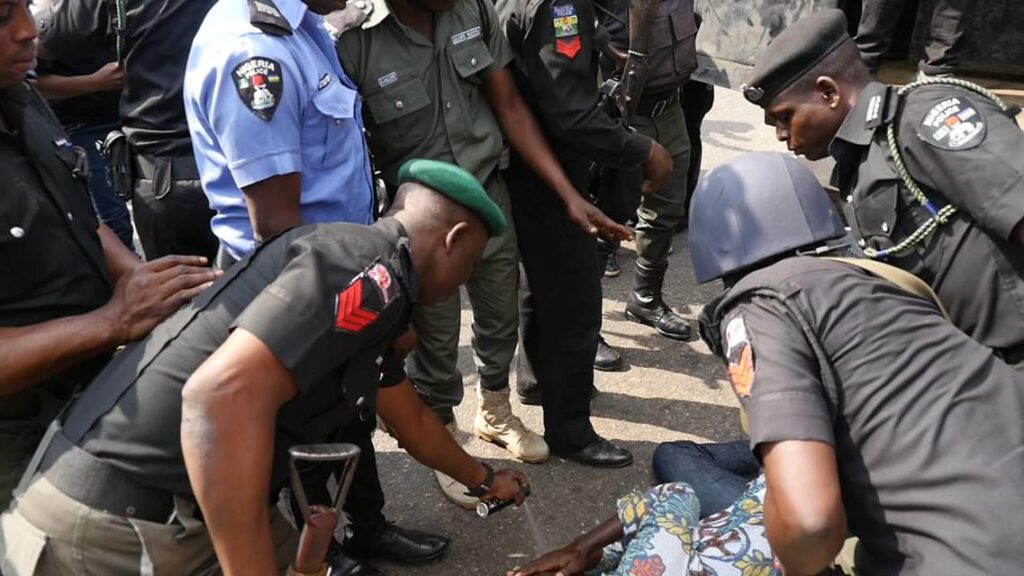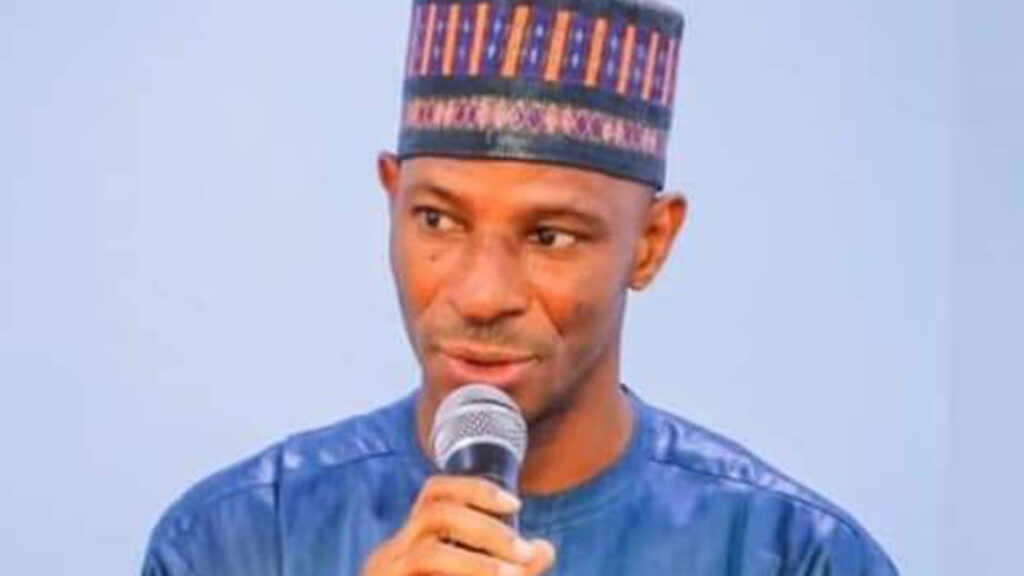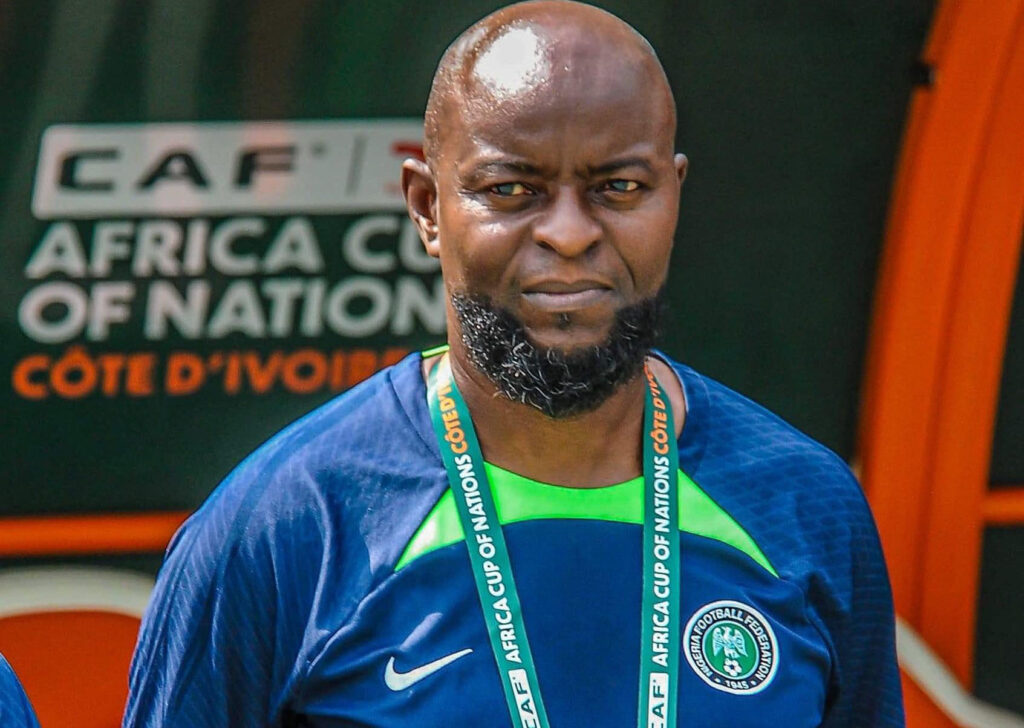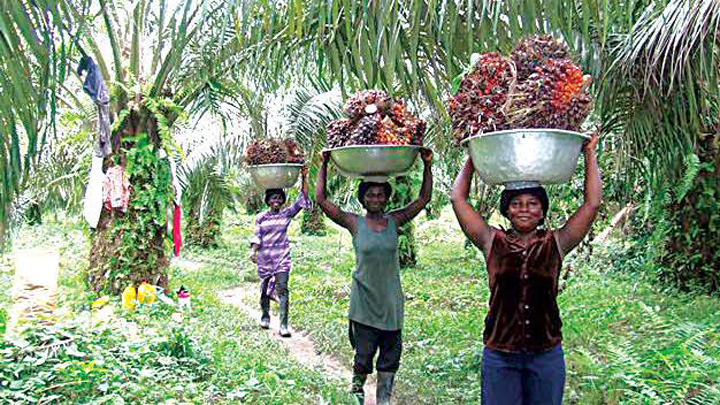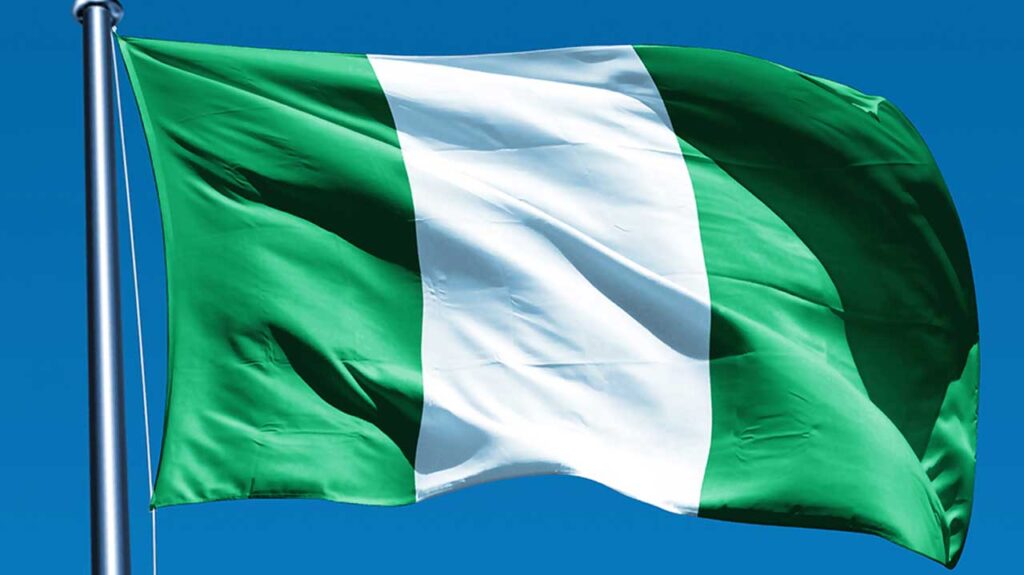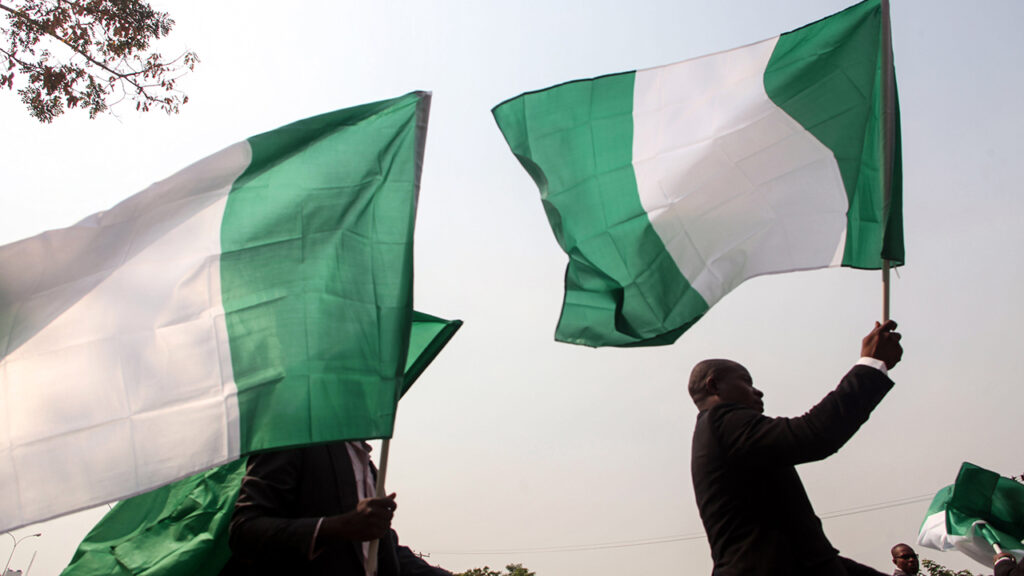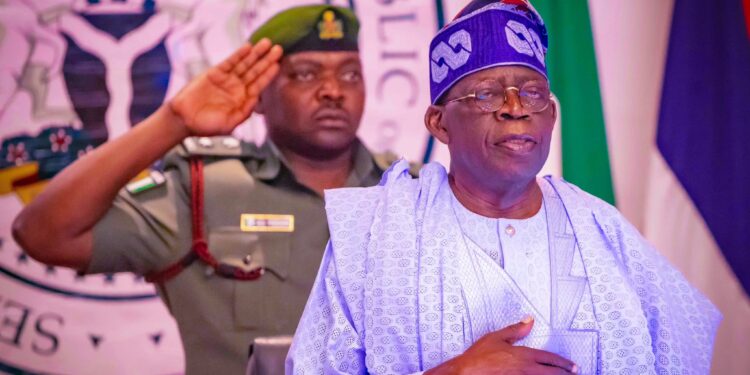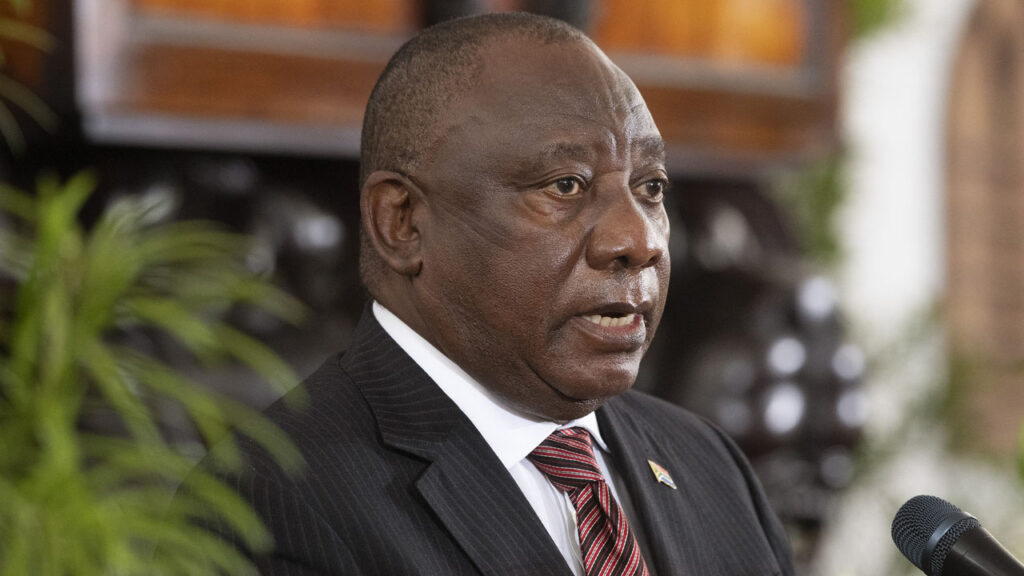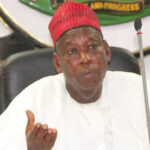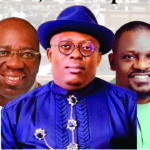 With about 400 petitions reportedly lodged in various tribunals by aggrieved candidates in the last general elections, the nation’s judiciary is certainly in the glare of all Nigerians and indeed the whole world. This is more so given the intense disagreements that the elections have generated, following allegations of irregularities trailing the polls. Candidates who contested the presidential, National Assembly (February 25, 2023); governorship, and state Houses of Assembly (March 18, 2023) elections in the different political parties filed the petitions for varying reasons, drafting the declared winners and the Independent National Electoral Commission (INEC) as defenders. The statistics will no doubt pronounce the history of election disputes in the country, given that in the last five general elections conducted in Nigeria, a total of 3,959 petitions were filed by the candidates and/or political parties challenging the outcome of the elections. For the current exercise, about 100 Senior Advocates of Nigeria (SANs) have been assembled by stakeholders in the presidential elections complaints alone to plead cases for the declared winner, Bola Ahmed Tinubu, and the major disputants, Alhaji Atiku Abubakar of the Peoples Democratic party (PDP) and Peter Obi of the Labour party who came second and third respectively in the elections as declared by INEC. The contestants particularly want the tribunal (Court of Appeal) to pay attention to substance and not technicalities. The tribunals will do well to heed the admonition.
With about 400 petitions reportedly lodged in various tribunals by aggrieved candidates in the last general elections, the nation’s judiciary is certainly in the glare of all Nigerians and indeed the whole world. This is more so given the intense disagreements that the elections have generated, following allegations of irregularities trailing the polls. Candidates who contested the presidential, National Assembly (February 25, 2023); governorship, and state Houses of Assembly (March 18, 2023) elections in the different political parties filed the petitions for varying reasons, drafting the declared winners and the Independent National Electoral Commission (INEC) as defenders. The statistics will no doubt pronounce the history of election disputes in the country, given that in the last five general elections conducted in Nigeria, a total of 3,959 petitions were filed by the candidates and/or political parties challenging the outcome of the elections. For the current exercise, about 100 Senior Advocates of Nigeria (SANs) have been assembled by stakeholders in the presidential elections complaints alone to plead cases for the declared winner, Bola Ahmed Tinubu, and the major disputants, Alhaji Atiku Abubakar of the Peoples Democratic party (PDP) and Peter Obi of the Labour party who came second and third respectively in the elections as declared by INEC. The contestants particularly want the tribunal (Court of Appeal) to pay attention to substance and not technicalities. The tribunals will do well to heed the admonition.
Over the years, general elections in Nigeria have fallen short of the people’s expectation, which sometimes are also extreme. Hopes were however high that the 2023 General Elections will make a difference, following innovations introduced by the 2022 Electoral Act, particularly the Bimodal Voter Accreditation System (BVAS) meant to authenticate every voter. According to the Chairman of INEC, BVAS was intended to achieve two objectives, namely: accreditation and authentication of intending voters; and uploading polling unit results to the INEC Result Viewing Portal (IReV) in real-time.
Regardless of this feat, complaints of irregularities marred the elections, the most controversial issue being INEC’s failure to instantaneously upload the presidential results on IReV as promised, citing technical hitches. The elections witnessed pockets of violence in some areas. The Campaign Coordinator of the All Progressive Congress (APC) in Ahoada-West Council, Mr. Chisom Lennard, and several persons were gruesomely murdered in Rivers State during the governorship election. There were similar allegations of assault, intimidation of voters, and snatching of ballot boxes in Lagos State.
Indeed, the political gladiators brought their weight to bear in this round of election and significantly had their way. Unlike the first elections, there were minimal shockers as nearly all the first time Governors were returned re-elected, whilst their outgoing counterparts ‘successfully’ installed their successors. Generally, the political factor practically overwhelmed the electorates – it was substantially a survival of the fittest scenario. However, the courage and resilience demonstrated by the people of Kano, who not only closely monitored the process but kept vigil at the INEC Secretariat to protect their mandate, is salutary. Also, Abia State residents and the Returning Officer, Professor Nnenna Oti, deserve commendation for fighting for their mandate, and not bowing to ‘ungodly’ pressure respectively. Overall, INEC was criticized for below-par performance, compared to its humungous budgetary allocation of N135 billion, although the process may have also been tainted by security breaches not within the control of the Commission.
As the elections approach their conclusive stage of judicial intervention to interrogate the various complaints, it is strictly within the purview of the tribunal/court to determine the legal implications (if any) of INEC’s conduct; as well as the veracity of complaints of rigging and other irregularities in relation to the result declared by INEC. Also, the Nigeria Police Force failed to live up to expectations (NPF). In the buildup to the elections, the Police had assured Nigerians of a safe and secure electioneering process. However, the resulting violence and the slow or lame reaction of the Police to the same leave the impression that the Police never had the will or the capacity to do the needful. Otherwise, why did it treat the public threat by some party agents against perceived opponents with levity? What informed the arrest of the three lawyers who were merely filing election petitions in Port-Harcourt? Didn’t the police make itself a willing tool in the hands of politicians?
The main role of the Police on election day was to protect electorates, electoral officials, and materials; counter-security attacks and apprehend electoral offenders. However, there are instances of Police Officers sleeping at polling units, providing protection to political thugs or seemingly looking away while these crimes were committed.
However, the major saboteurs of the electoral process are political actors and their agents of darkness. The malpractices surrounding the elections are a testament that Nigerian Politicians are not willing to let go of dirty politics. Unfortunately, they have succeeded in causing public tensions, and heating up the polity as religious and tribal sentiments have taken centre stage instead of national interest.
However, it is important that there should be a country after elections. For this fundamental reason, Nigerians should not be distracted by the sermon of calumny, hatred and bitterness being preached by politicians to cause division among the people. The relevant message at this time is peace and nation building. While it is true that there is no peace without justice, those aggrieved with the outcome of the elections should ventilate their grievances peacefully and follow the laid procedure of the law in expressing their dissatisfaction with the process in order not to encourage protagonists of interim government. Incendiary and inflammatory vituperations are of no practical utility as cases are won on credible evidence and not sentiments.
Importantly, the judiciary should be conscious of the high public expectations of it, coupled with the fact that many politicians have passed unsalutary remarks tending to portray it as a compromised institution. It should therefore employ substantial justice over technicalities; and avoid controversial decisions that can taint its image. The Head of the Judiciary, Chief Justice Olukayode Ariwoola JSC, should stand firmly over his sector and brother judges, to ensure that, in determining the petitions, justice will be manifestly and satisfactorily seen to be done.


